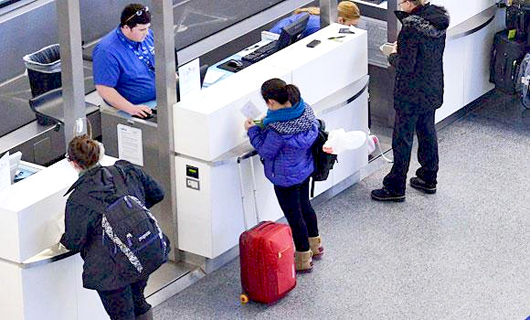
Jeddah, Jan 11: Auctioneering has traditionally been the realm of cars and antiques, but lately a new fad has emerged, involving electronic airline tickets.
One of the ploys used by airline carriers to lure brokers into dealing with overpriced tickets is to offer guarantees such as full refunds with commission if the travel date is not confirmed. Commissions can range between SR75 and SR200 per person for a one-way ticket, with an increased reward for a round trip. The commission can double depending on the number of passengers, since the decrease in the number of available seats raises the ticket price.
Abu Majed, a former airline employee who has been working in this field for four years, says he can find bookings for people under difficult circumstances and makes juicy profits with commissions.
According to Majed, competition for bookings among the brokers begins by making offers to customers for low-priced tickets, thus attracting the highest number of passengers. Brokers advertise the tickets on Internet sites, which are filled with phone numbers of people claiming they can provide confirmed bookings. Once the deal is sealed, the tickets can be sent to customers by e-mail.
A former employee at a booking center of an airline explained that in the past, tourist companies used to purchase a number of confirmed bookings from various airline companies, but now they arrange and purchase bookings online, with the possibility to update them any time they want.
Meanwhile, industry expert Khaled Al-Tuwayyan said that airline companies must receive their licenses from the Ministry of Labor so as to operate their online businesses. In order to guarantee customer rights, Al-Tuwayyan stressed they must also arrange their online trade according to the established regulations.





Comments
Add new comment